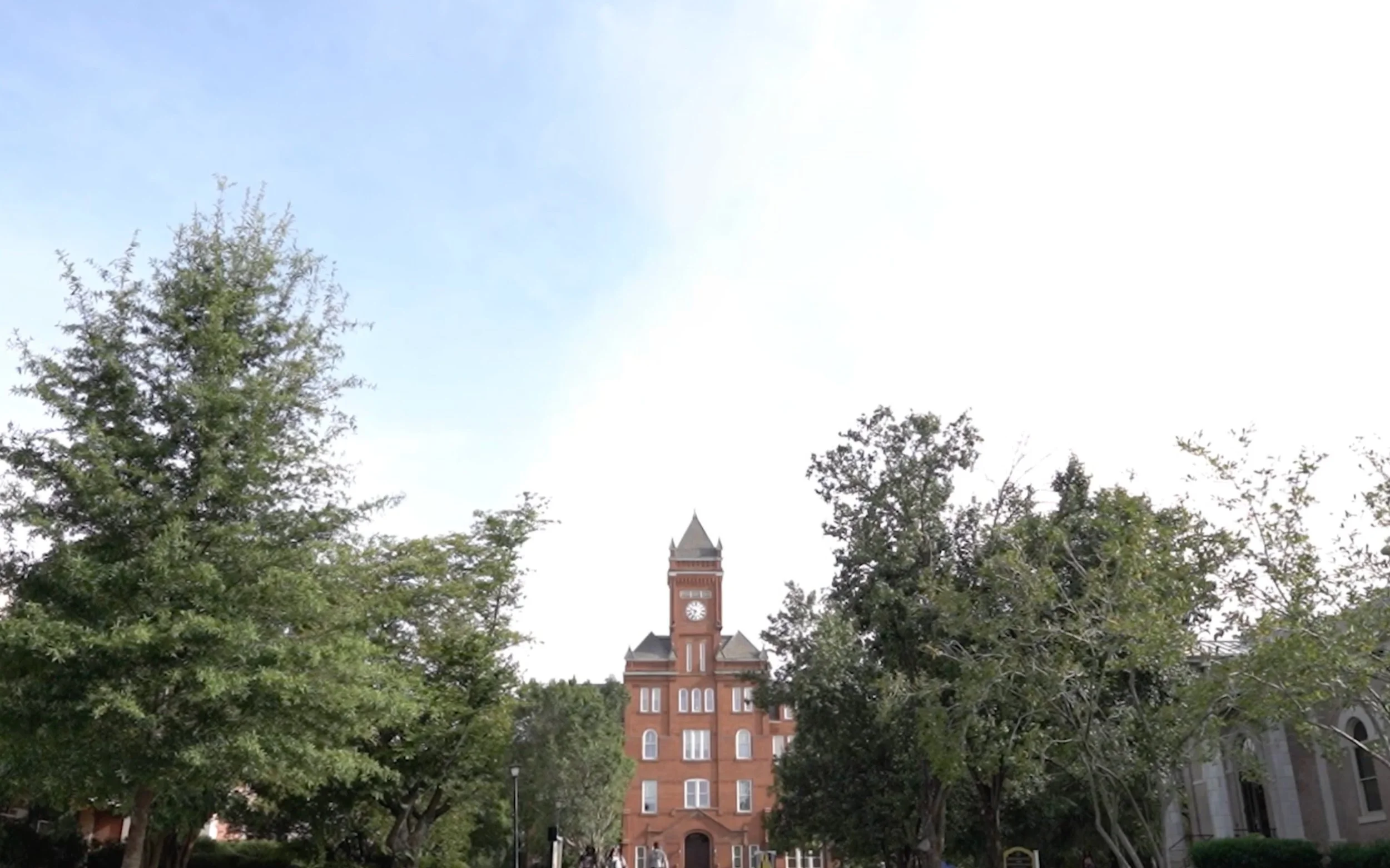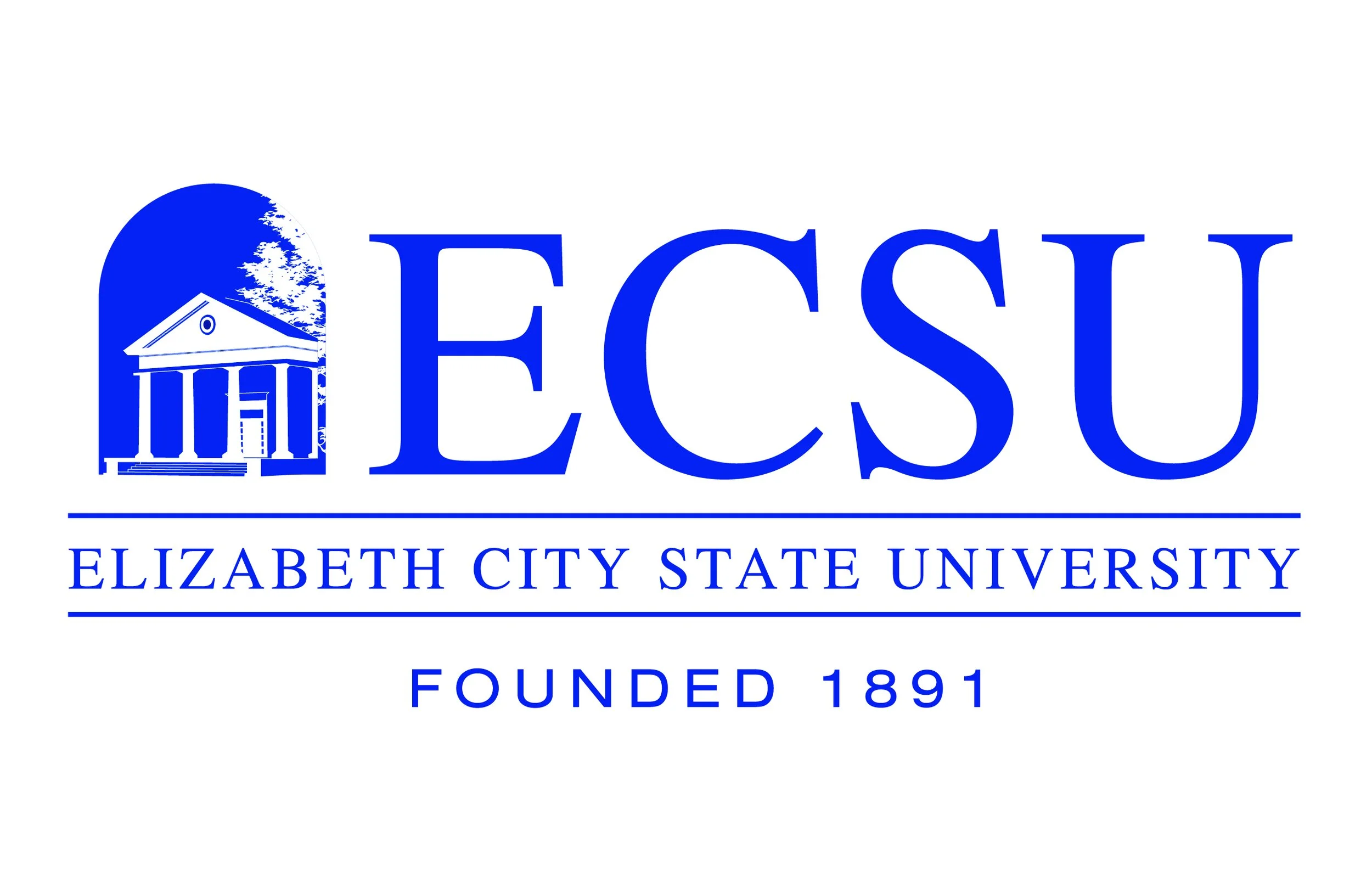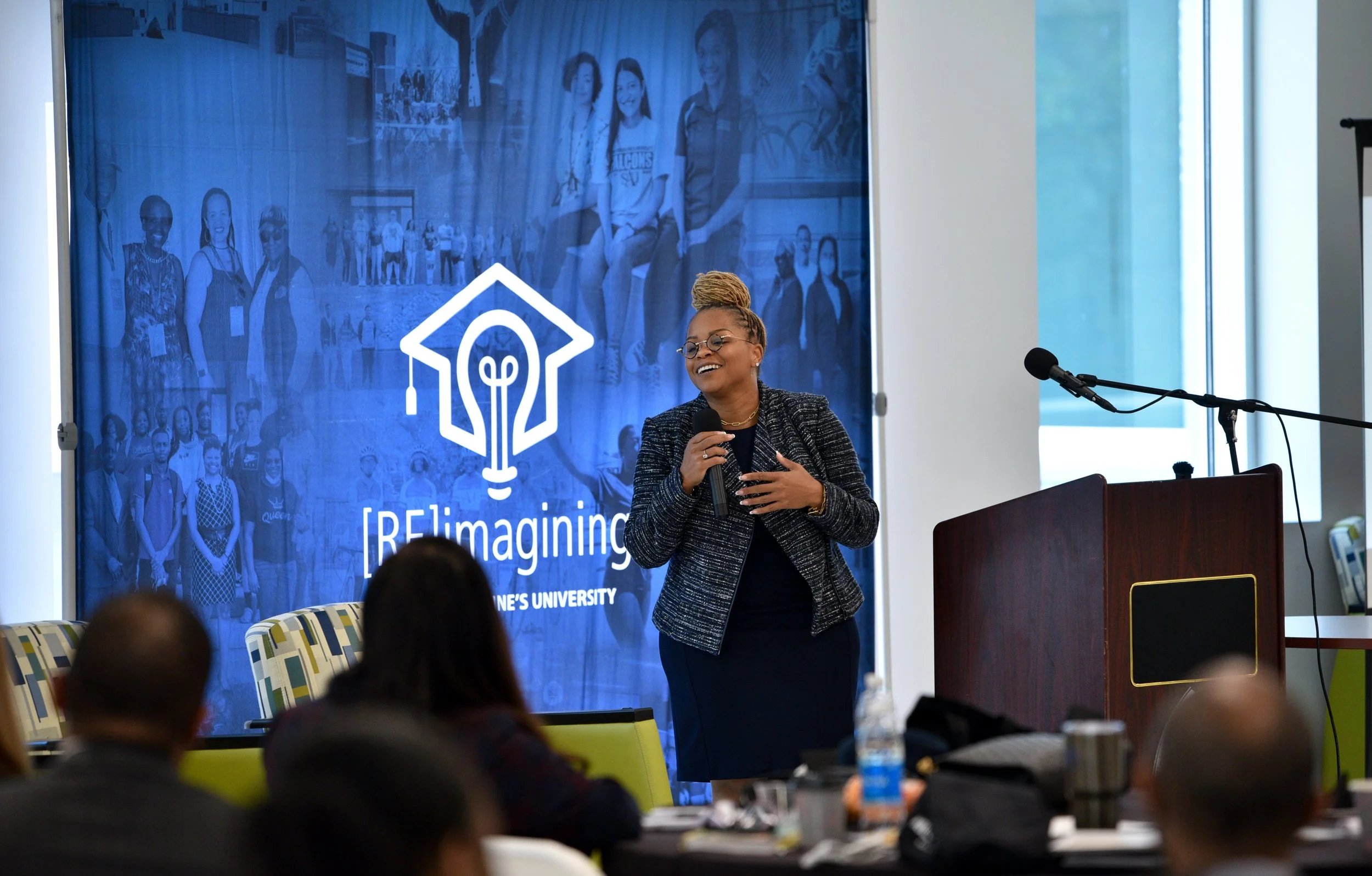
There were once nearly 400 HBCUs across the country, but now only roughly 100 remain. North Carolina is home to 10 accredited institutions, a significant share of the nation’s total. Five are part of the public university system and five are independent colleges and universities.
At CREED, we refer to them collectively as the NC10.
Raleigh | Est. 1865
Raleigh | Est. 1867
Charlotte | Est. 1867
Fayetteville | Est. 1867
Greensboro | Est. 1873
Salisbury | Est. 1879
Greensboro | Est. 1891
Elizabeth City | Est. 1891
Winston-Salem | Est. 1892
Durham | Est. 1910
Historically Black Colleges and Universities (HBCUs) are currently enjoying increased visibility in the mainstream media. The recognition of their inherent value to our country is both long overdue and yet right on time.
This presents a unique window of opportunity to increase North Carolina’s focus on the value of these historic institutions and the importance of their success and contributions to the state culture and diverse talent pipeline needed by business and industry.
By leveraging this national momentum, North Carolina will be well-positioned to create real change in the collective impact of our HBCUs.
Gathering The NC10
In November 2022, CREED hosted the first NC10 HBCU Convening, themed “Partners in Progress.” About 100 people gathered at St. Augustine’s University in Raleigh to celebrate a formal beginning of the NC10 work.
“Individuals committed to collaboration on that day,” said CREED’s Executive Director Dr. James E. Ford. “They formed an advisory council working group, selected a mission and vision statement, identified goals, and now are hosting their first conference to operationalize those ideas.”
In May 2024, representatives from The Nc10 convened at the North Carolina Legislative Building in Raleigh for the second annual NC10 HBCU Advocacy Day.
The day began with a meeting of the bi-partisan Legislative HBCU Caucus, during which HBCU leaders stressed the need for additional investments in their institutions. President Paulette Dillard of Shaw University, the oldest HBCU in North Carolina, shared a series of powerful statistics about the impact of HBCUs. Notably, while HBCUs comprise only 16% of 4-year colleges in the state, they award 46% of bachelor’s degrees earned by Black North Carolinians.
During the meeting, CREED also presented the three co-chairs of the HBCU Caucus with certificates of appreciation. Representative Zack Hawkins, Senator Gladys Robinson, and Senator Carl Ford were recognized for their service and dedication to North Carolina’s HBCUs, and by extension, the people of North Carolina.
Listening to The NC10
With the support of the John M. Belk Endowment, CREED led an initiative in 2021 called “Listening to The NC10.” This effort, in partnership with EdNC, myFutureNC, and The Hunt Institute, sought to have conversations with all 10 HBCUs, the leadership of each college and university, and ultimately lift up the legacies to increase the statewide prominence of The NC10.
“It’s the totality of our HBCUs that contributes to a vibrant North Carolina and everybody has something different to contribute. Each HBCU has a strength and distinction.” - Listening to The NC10
Mission Statement: The NC10 promotes equity and excellence among Historically Black Colleges and Universities (HBCUs) in North Carolina through collaboration and commitment to the outcomes of all HBCUs, advocacy for public and private institutions, capacity building, development opportunities, programmatic support for students, research support for faculty, and leadership development for administrators so that these institutions and communities they impact thrive.
Vision Statement: The NC10 is a nationally recognized collaborative community that advances the prominence of North Carolina’s Historically Black Colleges and Universities, advocates for higher education policy change and stimulates strategic investments to support equity and excellence in these distinct institutions.
Strategic Goals:
Implement development strategies for supporting North Carolina HBCUs.
Make the economic case for the impact of North Carolina HBCUs.
Adopt practices for on-time graduation.
Devise recruitment and retention strategies for students and faculty.
The NC10 Resources






















